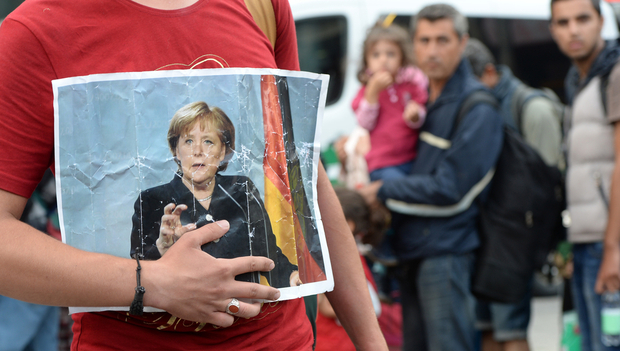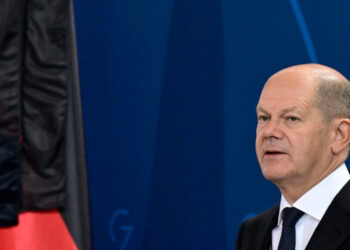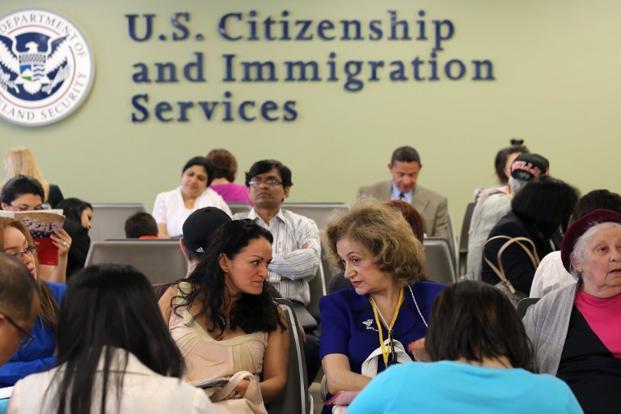In the 2010 British mockumentary series “Come fly with me,” there was a dialogue between chief immigration officer Ian and an airline crew member Taaj. In the interrogation room, Ian asserts that Taaj, who has a U.K. passport, is “obviously not British,” since his grandparents came from Pakistan. In an unpleasant manner, Taaj is being asked again and again “where he is originally from.”
-Alright, where were you born?
-Bradford.
-Alright, where were your parents born?
-Oh, sorry, Sheffield.
-Alright, where were their parents originally from?
-Pakistan.
-Pakistan, now we are getting somewhere.
There is no similar show in Germany yet, however, dialogues like this one from a comedy show have become a reality for many German citizens with immigrant roots.
Remarks or questions like “Where are you originally from?”, “Why is your German so good?” or “You are not German” are a part of everyday life for many migrant families in a country where 23.6 percent of the more than 82 million population have a migration background.
“When I am telling someone that I am from Berlin, then you have to accept it as a fact and not repeat the question again while trying to figure out where my parents are originally from,” 31-year-old Nadire Y. Biskin told The Globe Post. The Berlin-born writer, journalist, and teacher at a high-school was raised in a family of Turkish descent.

Biskin’s father moved with his parents when he was nine and later married her mom, who came to Germany when she was 24. Though Biskin is a third generation German citizen, this sort of comments and the inherent othering have become a routine in her and her family’s everyday life.
“I remember once I was complaining about the weather in Berlin and somebody behind me said: Then you should go back to your country, the weather is for sure better there,” she recalled.
In an article, the young author of fiction and poetry wrote: “My hybrid identity and language are seen as flawed. If Daniel Kehlmann and I (…) wrote the same sentence (…) any deviations in language or content would be interpreted in his case as his individual style (…), whilst in my case, it would be evidence of my poor German skills”.
In her literature, Biskin engages with the questions of culture and intersectionality, emphasizing the importance of various identities based on the ethnicity, language, dialect, as well as occupation and educational background. She has also shared her experience on Twitter and contributed to a new social media movement in Germany, using the hashtag #metwo.
Inspired by the #metoo anti-sexual harassment initiative, the new hashtag #metwo raises awareness of discrimination and a sort of estrangement that is taking place in Germany.
German activist, who runs a hotline for migrants, Hotline for Concerned Citizens, Ali Can started the social media movement to bring attention to everyday racism. Within two days after Ali launched the hashtag around 60,000 Germans with immigrant background shared their personal stories of racism and discrimination they face at school, at work, and in the daily life.
At the core of the debate is the question of integration, the societal problems where not only refugees fleeing from war-torn countries suffer from right-wing political parties, but even the German population with a migrant background has to face discrimination, even if they have a German passport.
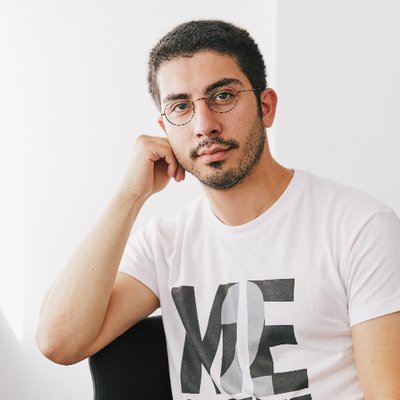
Among the #metwo stories, many people complained about improper comments based on skin color or religious expression, like wearing a scarf. The social media movement underlines the fact that people can have more than one identity.
“Two hearts can definitely beat in one chest,” Ali told The Globe Post. “I would like it, if people could learn to have a constructive dialogue about political subjects in Germany, because the tonality is often very polemic and divisive,” he pointed out.
Ali Can has become a famous activist in the country. He takes part in meetings with political officials demanding the establishment of the Ministry for Integration, as well as an appointment of a special anti-racist commissioner.
Can himself has experienced discrimination and racism. Being the only one in the group of his friends whose documents are checked regularly and not getting into clubs, because a bouncer thinks he doesn’t look “German enough,” are just a few of these unpleasant situations he had to face.
Ali is 24 and a son to a Kurdish-Alevi family, born in Pazarcik, a city in the south of Turkey. In 1995, his family applied for asylum in Germany due to discrimination and an outburst of violence against Kurdish Alevi in Turkey at the time. The family moved to a city close to Giessen, in the middle of the German heartland. Ali graduated from the University of Giessen and has continued as an activist by founding an association for intercultural exchange.
In July, he launched the hashtag #metwo as a result of the controversy around German national soccer player of Turkish descent Mesut Özil, 29. He has quit the national soccer team because of racist statements coming from fans and partly from the DFB, the German Football Association.
Prior to the 2018 World Cup in Russia, Özil, who is currently playing in the English Premier League for FC Arsenal in London, met with president Recep Tayyip Erdogan of Turkey. Since they met shortly before the Turkish general election, many criticized this meeting and interpreted it as political support for Erdogan and his authoritarian politics. Özil’s explained on social media that the photograph was nothing but a gesture of “respect to the highest office of (his) family’s country.” This did not satisfy the public who railed against him, questioning his performance during the World Cup in Russia. This criticism quickly dissolved into racist attacks, even from high-profile politicians, with calls for him “to go home” and to be barred from playing for the German national soccer team.
Özil is a third-generation Turkish-German who was, in fact, born in Gelsenkirchen, a city in the North-Rhine Westphalia state of Germany. He has had a successful career in the national team and helped Germany win the 2014 World Cup in Brazil. As a result of these racist reactions, Özil announced his retirement from the team, accusing several top figures in the DFB, including its President Reinhard Grindel, of displaying racism. At the end of July, he made his decision about retirement public on Twitter, writing: “When we win, I am German, when we lose, I am an immigrant.”
These words mirror many of the comments that can be read in the #metwo campaign and shows how immigrants and Germans with a migrant background can feel deeply alienated by a country that everyone tells them to show loyalty to, but which then, in fact, turns around and blames them for societal woes.
Özil’s tweet opened a fierce discussion in the country about discrimination, racism and anti-Muslim rhetoric that has seen a rise after the recent influx of refugees and the popularity of the anti-migrant Alternative for Germany (AFD) party, who won seats in the German national parliament last year for the first time in their history.
The nationalist party, which is currently polling at 17 percent, waded into the controversy around Özil, when chairwoman Alice Weidel denounced the soccer star by arguing that it is, in fact, not the “racism allegations,” which are embarrassing to the German Football Association, but that the “so-called integration” did not even work with someone as successful as a “football millionaire.” Furthermore, she used this opportunity to argue against what she perceived as the “politicization of sports and its misuse as a vehicle of propaganda of the multicultural ideology.”
The AfD could not be reached for an official comment, yet it used every incident or controversy around the “Deutschsein” issue, or the question of German identity, in order to push anti-migrant agenda. The responses to the #metwo debate have not gone unnoticed as well.
“Of course there is a racism-problem. However, it does not come from German citizens, but from those, who are not ready to integrate into the society and accept German values,” Weidel said. She added, “it is pathetic, to use the Twitter discussion, which emerged from the movement against the discrimination of women in the USA and remodel it in our country as pseudo-debate on racism.”
Özil’s decision to leave the German national soccer team and the following #metwo social media movement ignited a vehement discussion in the country about redefining what it means to be German. The entire #metwo debate gained momentum because more and more people with migrant background have started to express their bewilderment publicly.
Discrimination in the country has become a part of regular daily life: it starts with school teachers harassing kids with non-German names and creates an unfriendly discriminatory work environment and problems renting rent. This movement has allowed impacted people to give a voice to their experiences.
Despite the efforts of anti-migrant parties and conservatives in parliament to downplay the impact of #metwo, discrimination is a fact, and it takes place on several levels as multiple studies have shown.
According to a study by the WZB Berlin Social Science Center, employers discriminate against immigrant job applicants. It varies, however, “strongly between origin groups.” As the researchers found out, Muslim and Black job applicants face much more significant disadvantages compared to white applicants.
Similar problems arise during the searches for an apartment. A man named Mohamed would have fewer chances to be even invited by a landlord than a woman named Hanna, as an experiment conducted by data journalists from the Bavarian broadcasting company (Bayerischer Rundfunk) and the weekly magazine Spiegel has shown.
#MeTwo "ich meine das nicht rassistisch oder so aber ich kann dir die Wohnung nicht geben, du könntest jederzeit ja nach deinem land abhauen"
ich habe damls gerade angefangen Medizin zu studieren und hab ihm schon erzählt, dass es nicht möglich ist jemals zurückzukehren.— ali bashir (@AliBashir92) August 5, 2018
This kind of institutionalized discrimination that Germans with immigrant roots face begins quite early.
“My first day at school, people would call me a monkey, because I had dreadlocks. They would say that because of my skin color I was not worthy of receiving higher education or not up to par. Obviously, the n-word was a weapon white kids would make use of all the time. I remember being bullied so much in elementary school for my dreads that I cried to my mother and she told me, people in high school would be much cooler and more open-minded, but unfortunately she was wrong,” 25-year-old Malcolm Ohanwe, a German journalist of Palestinian-Nigerian descent from Munich, told The Globe Post.
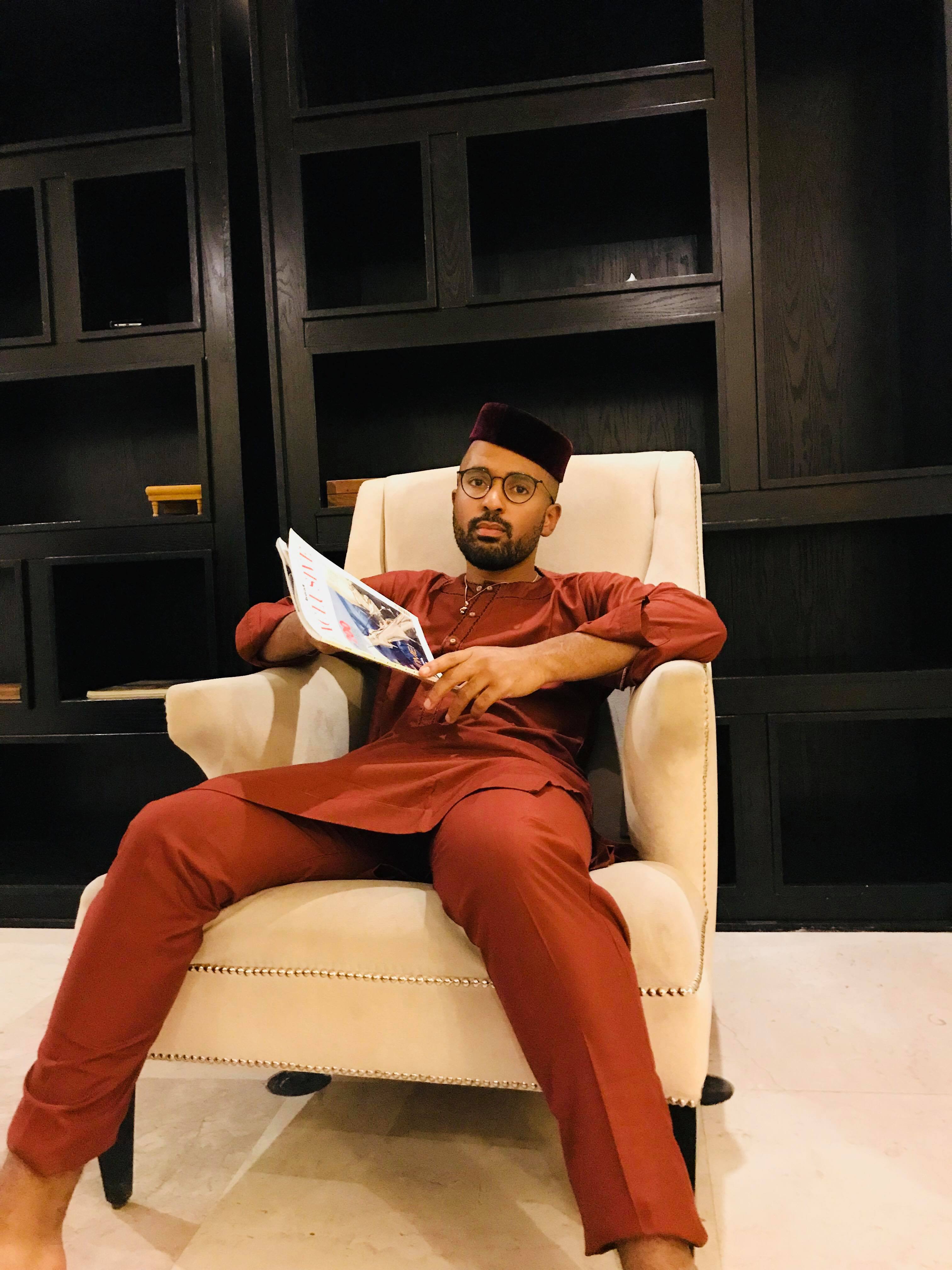
In the research “Max vs. Murat” published by the University of Mannheim, the scholars found that even pre-service teachers are biased whilst grading students’ performances.
Two hundred and three teachers in training were chosen to assess two dictations: one of a school pupil with an apparent migrant background (Murat) and the other of a pupil who appeared to be of German origin (Max). Though the pre-service teachers found the same amount of mistakes, they graded the low performance level worse in cases where the student appeared to have a migrant background. The giving of worse grades appeared to happen on a subconscious level. However, there was enough information, which could be used in future research and to show teachers how to avoid these biases, as the author of the study Meike Bonefeld explained to The Globe Post.
At the same time, the exhibited bias when grading children with immigrant roots might have serious consequences for kids.
“It is pretty obvious, if something like this happens in elementary school, it can have an impact on the future. On the one hand, because children with migrant background do not get a recommendation for higher education,” Bonefeld asserted.
“On the other hand, there is an element of a so-called self-fulfilling prophecy, when teachers are consistently convinced that this group of students is low performing and give them worse grades based on this bias, then this can lead to changes in behavior, easier questions and less support.”
This has obvious consequences for a student’s academic path, which is much more defined by a teacher in Germany. Many people have reported, using the #metwo, that teachers have suggested a worse academic path, using language such as “You should go to a school where there are more students with your background.”
Beim Erstgespräch im Gymnasium meinte die Professorin zu meinem Papa: "Geben Sie sie lieber an eine andere Schule, Kinder mit nicht-deutscher Muttersprache kommen hier nur schwer mit." Er hörte zum Glück nicht auf sie. #metwo
— Jelena Gučanin (@jelenagucanin) July 31, 2018
In contrast to the U.S., Germany has not experienced the equivalent of its own 1960s black movement against racial discrimination. Due to historical and legal factors, Germany has built a pretty closed system for migrants: only in very few cases is dual citizenship even recognized, whereas applying for a German passport or full-time job is connected with a series of hurdles. In addition, the German model of nation is solely based on ethnicity, which makes its hard to describe it fully as a “melting pot” the way the U.S. and the U.K. have embraced it. The first big immigration wave came with Gastarbeiters, guest workers, mostly from Turkey in the 1960s, who were invited to restore the postwar economy in the country.
German society has a long history of discrimination and racism and discussion of how to overcome these have come in many different waves. But the #metwo social media movement has added an online component, which has allowed many people to speak about their experiences and has made it possible for all to look at the kind of discrimination, which is usually hidden.
The debate on how to deal with racism in Germany has a long way to go, and it needs to start with the realization that it is a land of immigration. Only recent developments encouraged such an intensive discussion on the issue.
The arrival of 1 million asylum seekers in 2015, the rise of the anti-immigrant Alternative for Germany party, as well as statements like “Islam does not belong to Germany” made by Interior Minister Horst Seehofer and deportation of Afghan refugees, are the subjects that frame the debate. It is up to the current government to consider new approaches in its migration policy.
„Sind Sie sich sicher, dass Sie studieren wollen? Machen Sie doch lieber eine Ausbildung!“ (Professor während meines Studiums) #MeTwo
„Es ist eine sehr gute Arbeit, deshalb hab ich Ihnen eine Eins gegeben“ (derselbe Professor, als Mitgutachter meiner Dissertation)#GermanDream
— Dr.in Reyhan Şahin (@LadyBitchRay1) July 28, 2018


